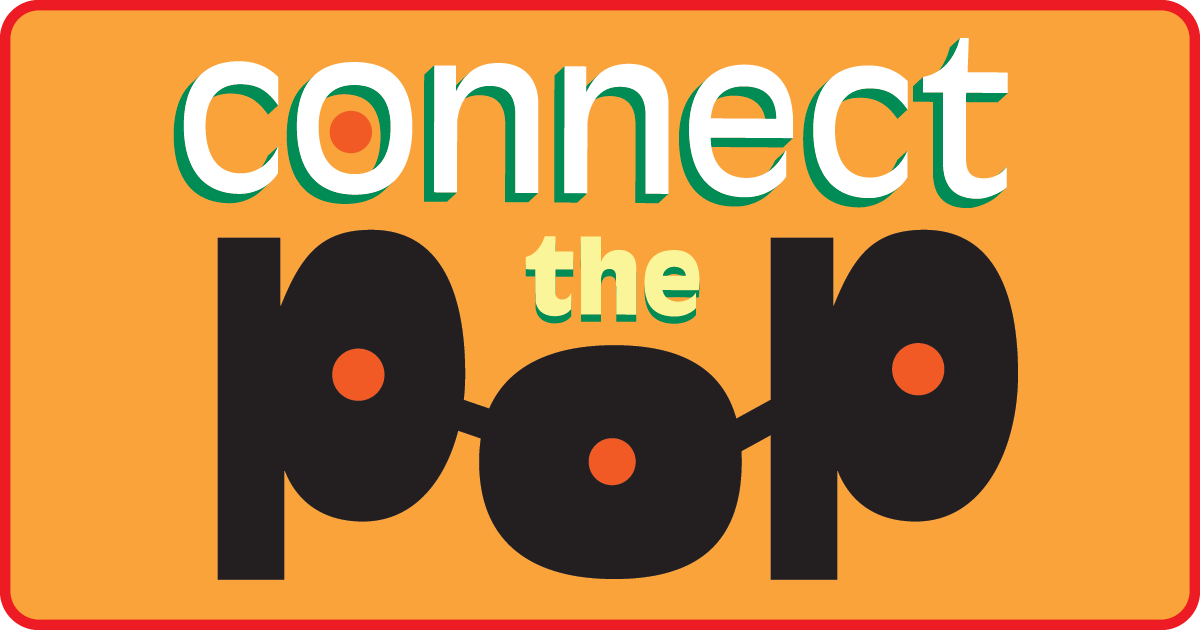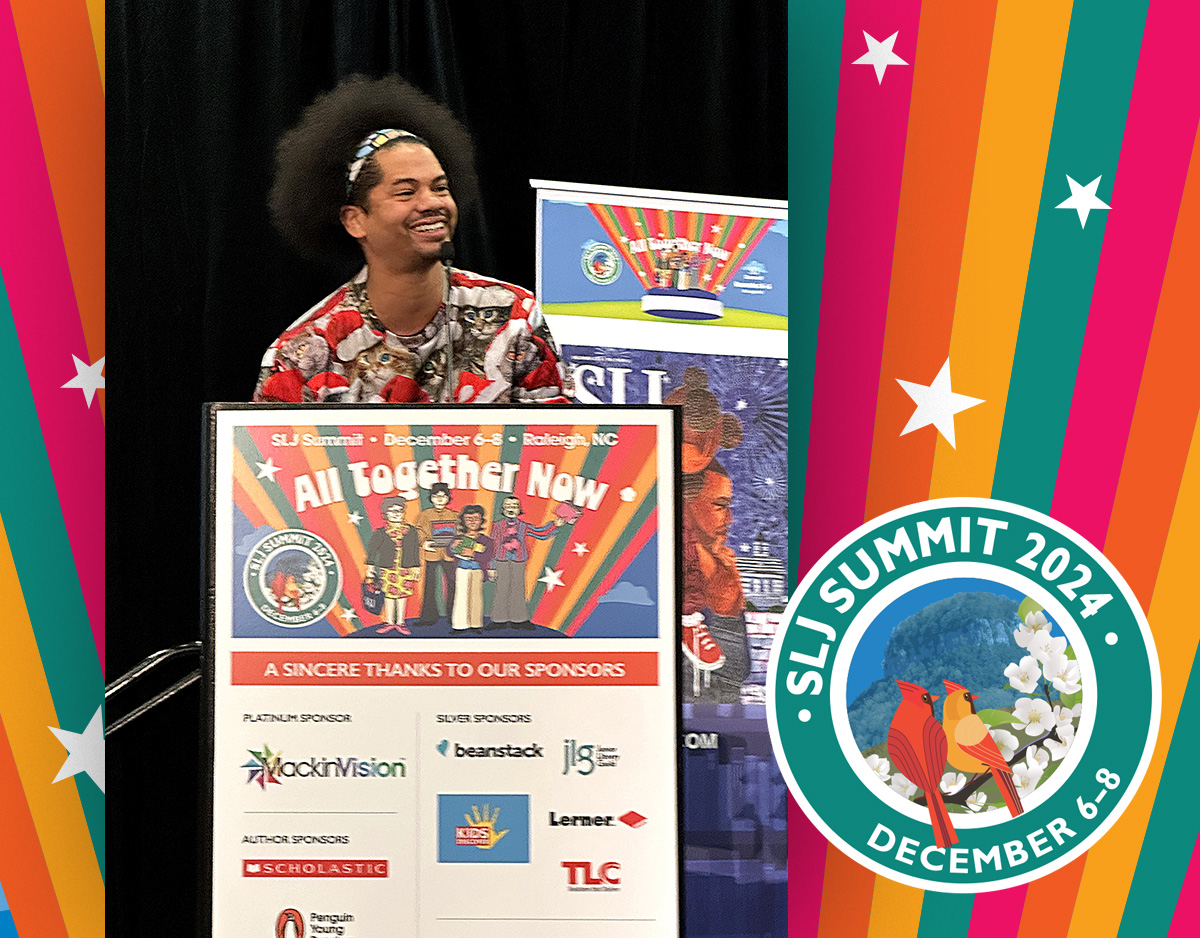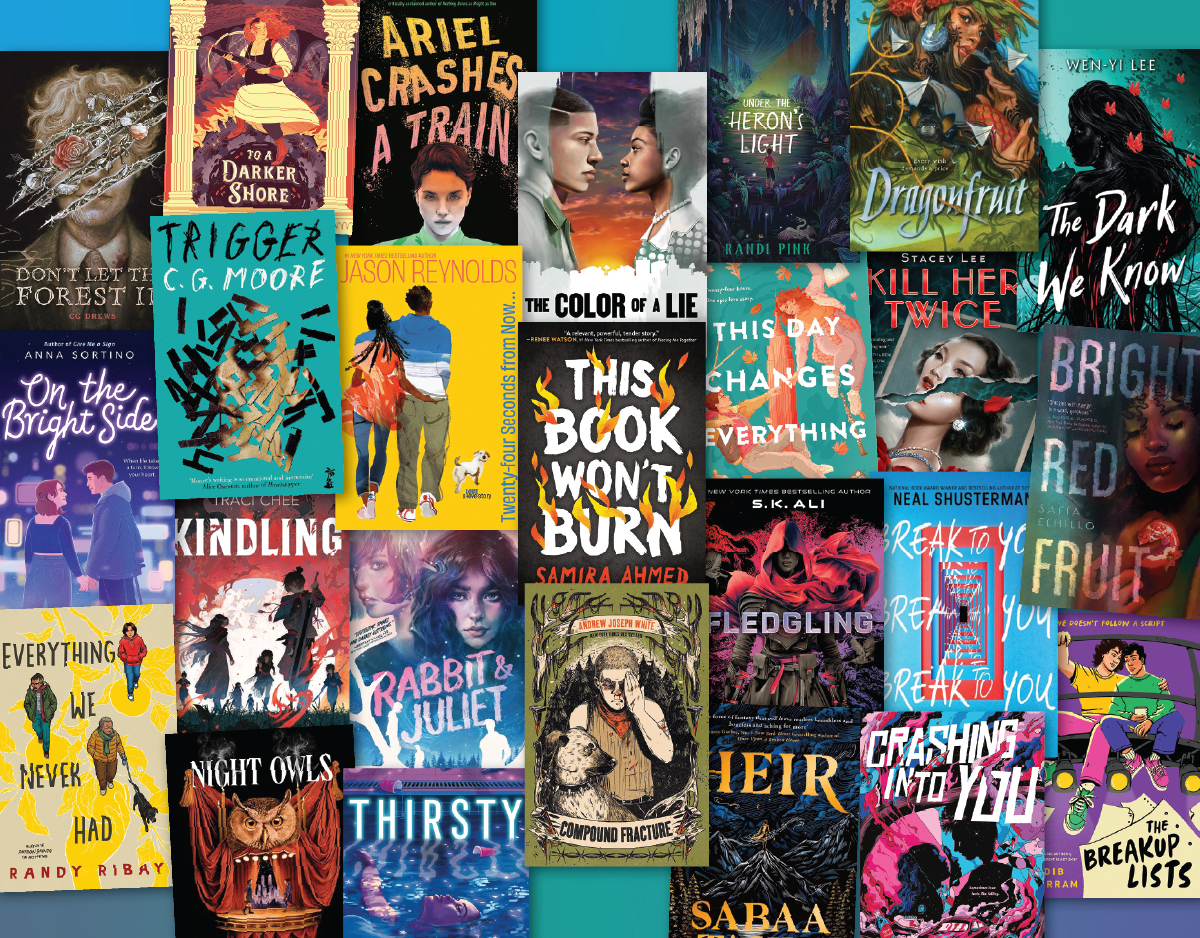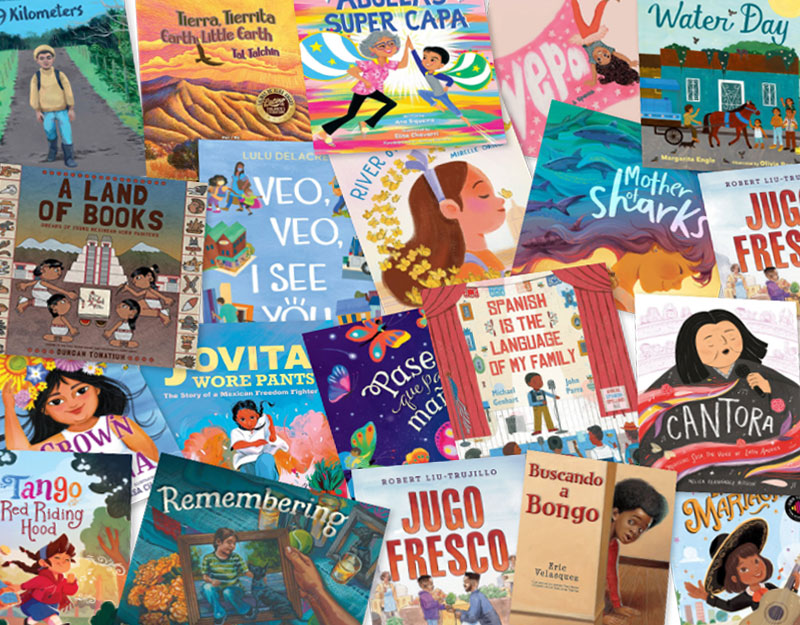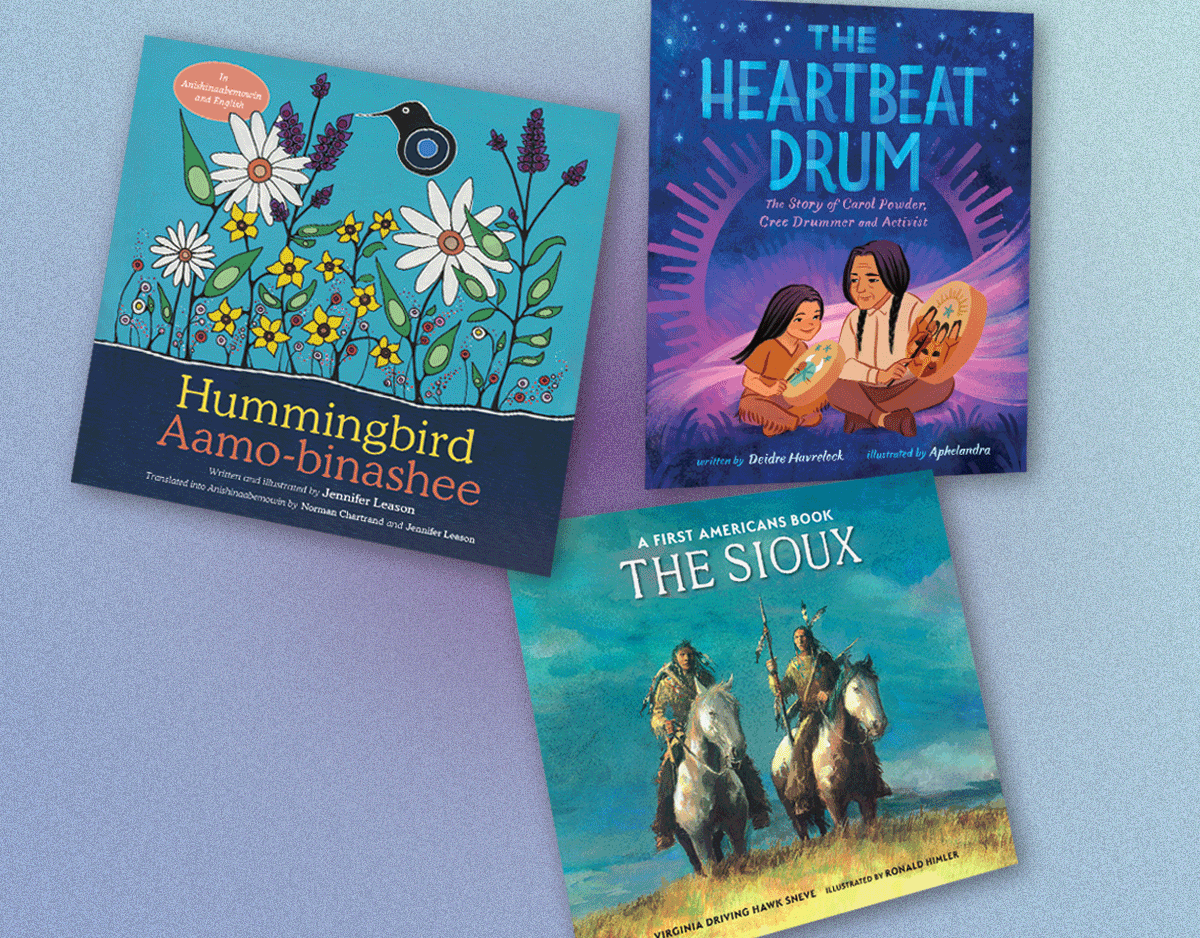SCROLL DOWN TO READ THE POST
Please Take This, Copy It, Use It, Improve It: A Digital Fandom Checklist

(photo credit: Joseph A Ferris III americaninnorthkorea.com/)
I’ll just come out and say it because otherwise we’re never going to get anywhere, especially to the checklist that you came here for: there’s probably no single better way to teach online citizenship to young people than through their participation in organized fandom.
Okay, so why? Well, because nowhere else will they encounter an environment that is essentially supportive and yet where friction with one’s peers can arise with stunning abruptness. Most of your students, whether through their pop culture-fueled activities or other online experiences, will be familiar with the basics of netiquette, principles that are often reinforced in school as part of the technology curriculum. Yet teaching librarians and language arts educators have, via fandom, a unique opening to reframe netiquette as something other than a subset of character education or online safety. Instead, the topic becomes an offshoot of “considering audience and purpose,” a central skill of any communication.
ADVERTISEMENT
ADVERTISEMENT
That’s because participation in fandom is always voluntary, thus giving students the opportunity to reevaluate whether or not they want to be a member of a given community, and if so, what kind of member. With any interaction’s potential to end in superficial repartee, lifelong friendship, or vicious flaming, fans must take into account not just the short-term value of making a point or having the last word, but their long-term relationships with their fellow fans, both individually and generally, the latter insofar as they’re developing a reputation or history within fandom. In short, when altercations with other fans start to brew—fans with whom they are aligned in a variety of personal, powerful ways—they must always ask whether it’s worth “winning the battle and losing the war.” Not bad practice for civic engagement, the business world, or scholarly pursuits, is it, not to mention marriage, child-rearing and host of other “real world” adventures?
To support students to be more effective digital citizens as well as more effective fans, make the following checklist available and encourage them to add to it by recalling lessons learned from their respective fandoms.
A Digital Fandom Checklist
Ask Yourself These Questions When Online…
- Have I considered the tone, not just the content, of my statements and what its effect might be on my audience?
- Do I come across like a know-it-all to others? How can I change this?
- Am I mixing up fact and opinion? What words can I use to distinguish the two?
- Have I taken a moment to think before responding to something that’s provocative? Do I need more time to organize my thoughts?
- Do I need to continue a dialogue with someone outside of public spaces, via chat, email, or texting?
- Am I jumping into a conversation on a topic where I haven’t “done my homework”? Am I offering opinion on content about which I don’t have firsthand knowledge? (This might be okay as long as I’m open about this fact.)
- Am I not sufficiently familiar with the rules of a particular community or the sensitive issues within a fandom where I’m a newbie? If so, where can I get the information I need in order to avoid blundering about?
- Am I “adding value” through this interaction, either to an individual or to the wider community? Or am I making this online conversation almost entirely about myself ?
- Am I attempting to display leadership in this fandom through sheer knowledge… or by earning respect through attitude, service, and showing respect to others?
- Are my actions and statements helping to grow the fandom or its effectiveness, or enhancing its reputation?
- Do my interactions with media professionals, creators, and other non-fans reflect well on the fandom—or is there anything that about my statements that might make them seem like the product of an immature fanboy/fangirl?
- Am I generally erring on the side of acting with the same tact and consideration as I would offline?
- Do I follow the posted rules of any given fan community even if I don’t agree with them? Do I express this disagreement in constructive ways, or do I just quietly circumvent them and hope that I don’t get caught?
- Am I considerate of others’ privacy and safety?
- Am I following the general ethical guidelines of my real-life community… or have I compromised my integrity by conveniently compartmentalizing them elsewhere?
The final question in the checklist hints at the connection between etiquette and the broader issue of ethics in digital spaces, and in fact might suggest a way for broaching the latter topic with students. Since fans nowadays are important players in the media environment, not mere observers from the sidelines, their actions can often have wider ramifications than they might expect. This is true both in aggregate form—as a fandom—as well as on the individual level because, as you might want to point out, it is the choices made by individuals that, taken together, constitute community action. In fandom it’s all too easy to take refuge in a general sea of relative (or actual) anonymity and subscribe to an ethically lazy everyone-else-is-doing-it rationale for one’s behavior.
But because of the messiness of dealing with new media literacies in schools where social media sites are still frequently blocked/banned, and where fandom in any context is judged to be “non-academic,” many of us in K-12 have largely shied away from areas like these. Not so librarians, at least not nearly so much. Well versed in information and digital literacy, and more often than not actively supporting students’ outside-of-school interests, librarians may be the ones who once again (as with graphic novels) lead the way. And, in fact, many are doing just that. So if you’re one of these folks, I tip my hat to you—and humbly ask how else I might be able to help.
About Peter Gutierrez
A former middle school teacher, Peter Gutierrez has spent the past 20 years developing curriculum as well as working in, and writing about, various branches of pop culture. You can sample way too many of his thoughts about media and media literacy via Twitter: @Peter_Gutierrez
ADVERTISEMENT
SLJ Blog Network
Top 10 Posts of 2024: #6
31 Days, 31 Lists: 2024 Middle Grade Novels
Taxi Ghost | Review
Book Mail: Werewolves, Witches, Misfits, Ballerinas, Teen Authors, and More!
The Classroom Bookshelf is Moving
Jerzy Drozd Visits The Yarn
ADVERTISEMENT
ADVERTISEMENT

